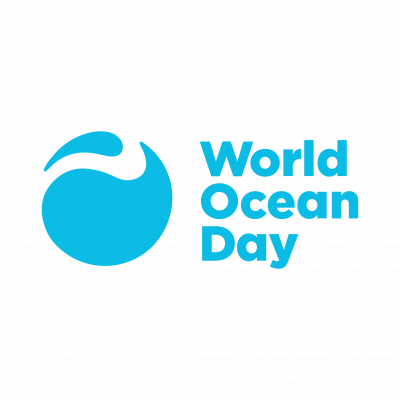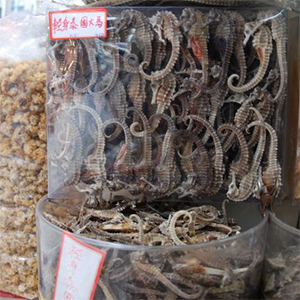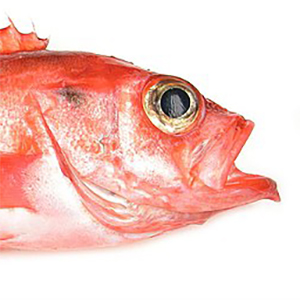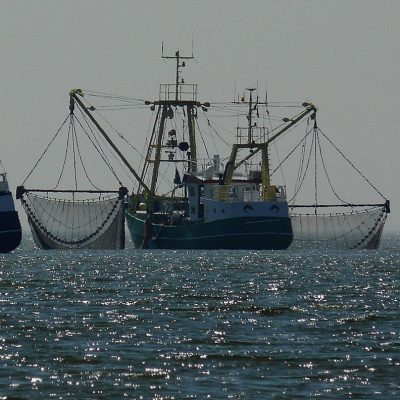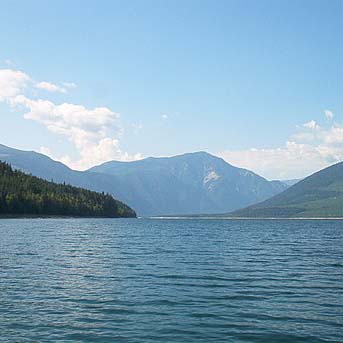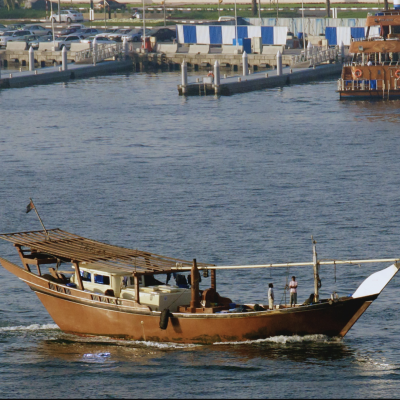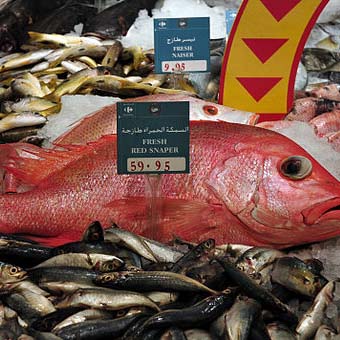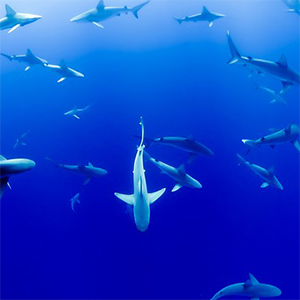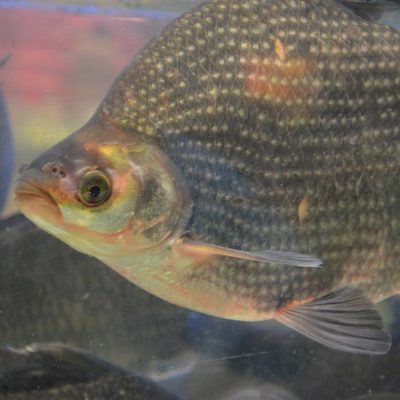2021 World Ocean Week – June 7-11
We asked ocean researchers from the IOF to envision how the target of protecting at least 30% of the world’s oceans by 2030 might be achieved.
CITES can – and should – improve its remedial process for countries that tolerate unsustainable trade
“We did this study because we want to see CITES be all it can be.”
St. Lawrence fishery study tests the benefits of collaboration between scientists, government, management and industry members
Researchers had the opportunity to test the usefulness of a fashionable fisheries management tool called management strategy evaluation (MSE).
China and the E.U. aren’t the only ones to blame for harmful fisheries subsidies
“Don’t think that just because you’re not providing six billion dollars that you’re not impacting, or potentially impacting the sustainability of the fish stock.”
PROFILE: A universe of undiscovered viruses: Inside the Marine Virology and Microbiology Lab
People need to know that viruses, despite their frightening reputation, have a role to play in Earth’s many ecosystems.
Ecosystem modelling indicates that adding fertilizer to water reservoirs pays off
In the simulated Arrow Lakes Reservoir, fish fared better when nutrients were added to the water, regardless of whether the water flow was high or low.
Small-scale fisheries can back food security efforts in Arabian sea countries
Countries surrounding the Arabian Sea should empower well-managed artisanal and subsistence fisheries to back food security efforts, a new Sea Around Us study suggests.
IOF researchers find simple solution to Kuwait’s blood snapper woes
The change could help repopulate Malabar blood snapper, whose numbers dropped by 95% between 1995 and 2009
Ecosystem modelling paints a devastating picture for top marine predators by 2099
Without effective carbon mitigation the ocean would lose 18% of animal biomass by 2099 relative to the present day.
Tilapias are not precocious, they are just resilient
Tilapias living in crowded aquaculture ponds or small freshwater reservoirs adapt so well to these stressful environments that they stop growing and reproduce at a smaller size than their stress-free counterparts.
